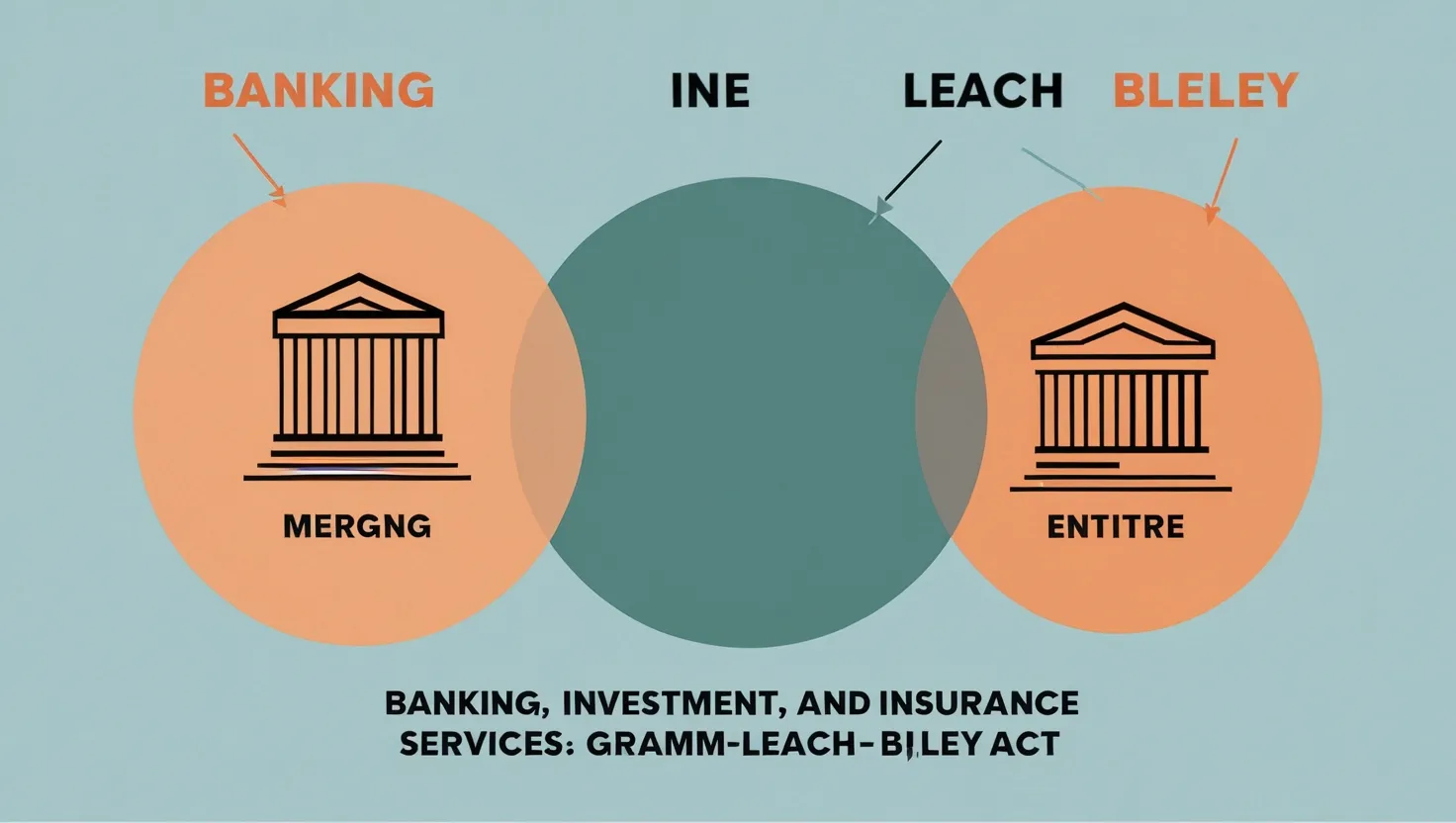A financial bubble is one of those weird but intriguing things in the finance world. Basically, it’s when the price of something like stocks, houses, or even something as odd as tulip bulbs just goes through the roof, way past what it’s genuinely worth. This usually happens because people start buying not because they think it’s valuable, but because they’re betting they can sell it for even more later. This rush creates a dangerous spike in prices, and when the bubble bursts, it’s like the roof caving in.
Let’s break down how bubbles usually form. It starts with some savvy investors spotting a good thing and quietly piling in. As the value of the asset begins to climb, more folks notice and jump on the bandwagon, making prices shoot up even more. This is the “boom” phase, where everyone wants in on the action and it’s the talk of the town.
Then things get really wild in the “euphoria” stage. Prices keep climbing and investors get convinced the sky’s the limit. They start borrowing money to buy more, even though the asset is already way overpriced. This gets seriously risky. It’s like a party where no one thinks it’ll ever end.
Every bubble hits a peak at some point. That’s when the smart investors start cashing out. As these folks sell, prices begin to drop, and that’s when reality kicks in and panic sets in. Investors scramble to sell off their holdings to cut their losses, leading to a rapid drop in prices and leaving many people with heavy losses.
One classic example is the Tulip Mania in 17th century Netherlands. People went nuts over tulip bulbs, trading homes and life savings for them. Prices hit crazy highs until the bubble burst and the bulbs weren’t worth much at all, causing a big economic mess.
Fast forward a few centuries, and you’ve got the dot-com bubble of the late 90s. Investors were all about tech companies, expecting big returns. Prices soared, but when these companies didn’t deliver, the bubble popped, leaving a trail of financial wreckage.
The 2008 housing market bubble is another infamous one. Crazy high home prices due to easy loans and rampant speculation led to a global financial disaster when the bubble finally burst.
So how do you spot a bubble before it leaves you empty-handed? If prices are skyrocketing way faster than the asset’s real value, it’s a red flag. Lots of trading and hype around an asset? Another warning sign. If everyone’s buzzing about making huge profits, it’s probably too good to be true.
Always look at the fundamentals. Are the prices backed by real earnings and growth, or just speculation? If it’s more about hype than substance, you might be looking at a bubble.
Knowing how financial bubbles work can save you from getting burned. Stay cautious when things seem too good, and remember: what goes up must come down.






